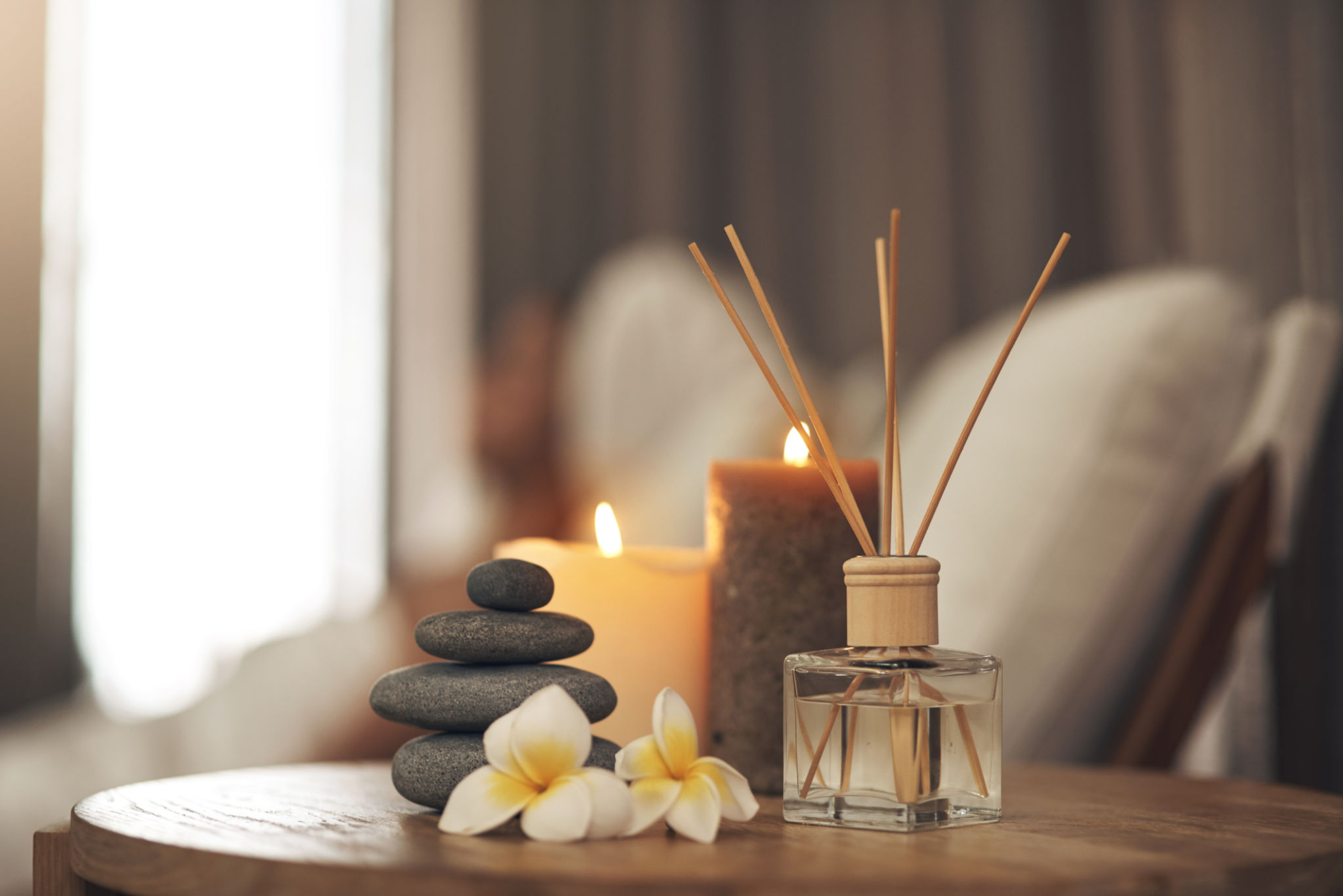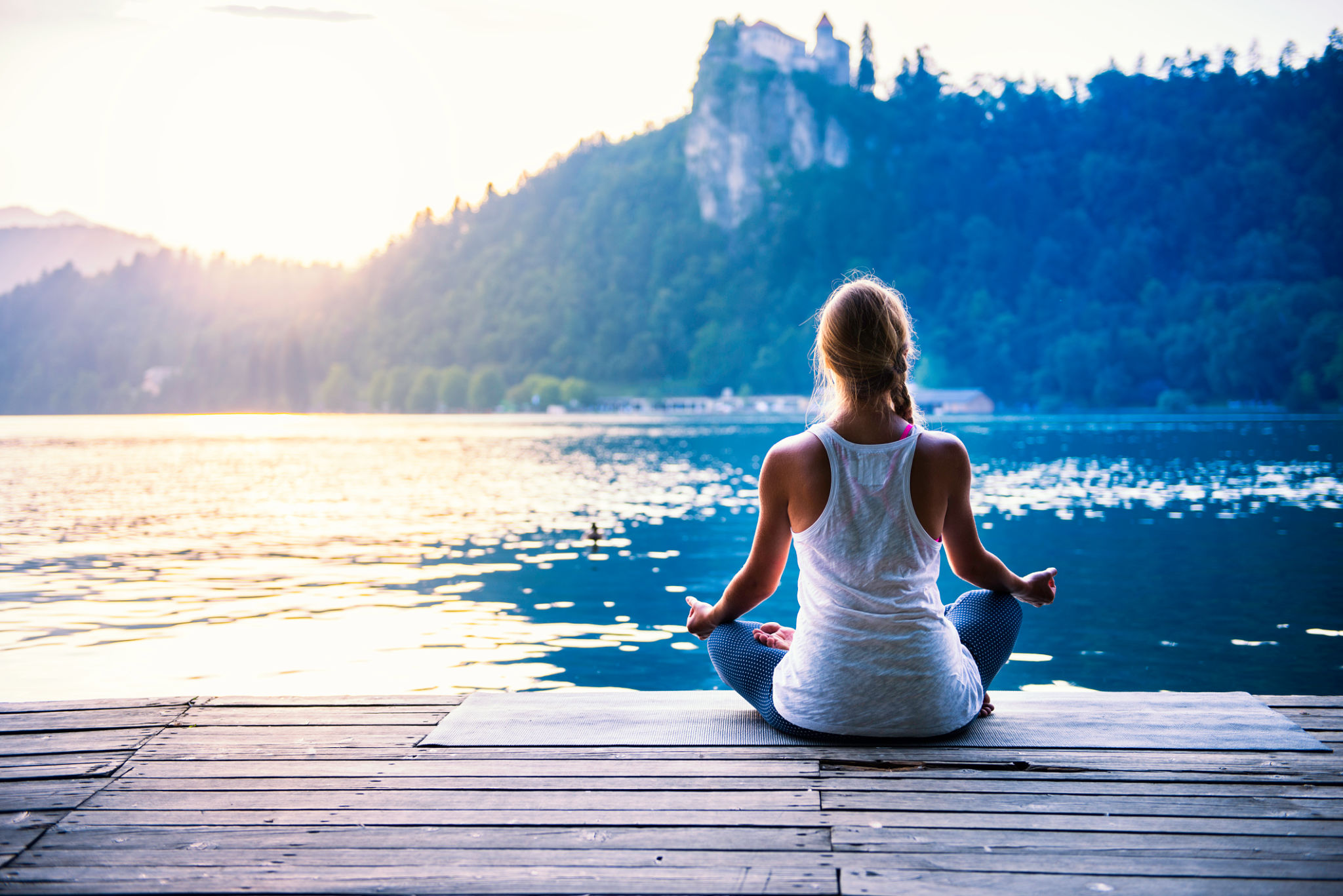Comparing Spiritual Retreats: How to Choose the Right One for You
Understanding the Purpose of a Spiritual Retreat
Spiritual retreats offer a unique opportunity to step away from the chaos of daily life and focus on personal growth and inner peace. Whether you're looking to deepen your meditation practice, explore a new spiritual path, or simply unwind, choosing the right retreat is essential to achieving your goals. The variety of retreats available can be overwhelming, so understanding what you hope to achieve is key.
Each retreat is designed with specific intentions, such as mindfulness, healing, or reconnecting with nature. Defining your objectives will help narrow down options and ensure a more fulfilling experience. Consider whether you're seeking solitude, community engagement, or guidance from spiritual leaders.

Location: Finding the Perfect Setting
The setting of a spiritual retreat is crucial in shaping your overall experience. Some individuals prefer serene natural environments like mountains or beaches, while others might lean towards culturally rich locations that offer unique spiritual insights. Consider what kind of environment allows you to relax and connect with your inner self.
Additionally, think about the distance you're willing to travel. Local retreats might offer convenience and affordability, while international retreats could provide a chance to immerse yourself in a different culture and gain new perspectives.

Types of Spiritual Retreats
Spiritual retreats come in various forms, each focusing on different practices and philosophies. Here are some common types:
- Meditation Retreats: Focus on mindfulness and meditation techniques.
- Yoga Retreats: Combine physical practice with spiritual teachings.
- Wellness Retreats: Emphasize holistic health and healing.
- Silent Retreats: Encourage introspection through silence.
Understanding these types helps in selecting one that aligns with your interests and spiritual goals.

Duration and Schedule
The length of a retreat can vary from a day-long workshop to a month-long immersion. Consider how much time you can realistically dedicate to this experience without feeling rushed or overwhelmed. A shorter retreat might be ideal for beginners, while those seeking deeper transformation might opt for longer stays.
Reviewing the daily schedule of a retreat can also provide insight into whether it matches your preferred pace. Some schedules are highly structured with planned activities, while others allow more free time for personal reflection.
Cost and Budget Considerations
Cost can be a significant factor when choosing a spiritual retreat. Prices vary widely depending on location, duration, accommodations, and included amenities. It's important to set a budget and consider what you're willing to spend for this transformative experience.
Research whether the cost covers meals, lodging, workshops, or additional activities. Some retreats may offer scholarships or sliding scale fees to make them more accessible to a broader audience.

Reviews and Recommendations
Reading reviews and seeking recommendations from past attendees can provide valuable insights into what to expect from a retreat. Look for testimonials regarding the quality of instruction, accommodations, and overall atmosphere. These firsthand experiences can help you make an informed decision.
If possible, reach out to the retreat organizers with any questions or concerns you may have. Their responsiveness and willingness to assist can be indicative of the level of care you'll receive during your stay.
Preparing for Your Retreat Experience
Once you've chosen the right spiritual retreat, preparation is key to maximizing the benefits. Familiarize yourself with the retreat's guidelines and packing lists. Consider bringing personal items that enhance your comfort and focus, such as journals, meditation cushions, or sacred objects.
Entering the retreat with an open mind and a clear intention will help you embrace the journey fully. Remember that this is an opportunity for self-care and personal growth, so be gentle with yourself throughout the process.
